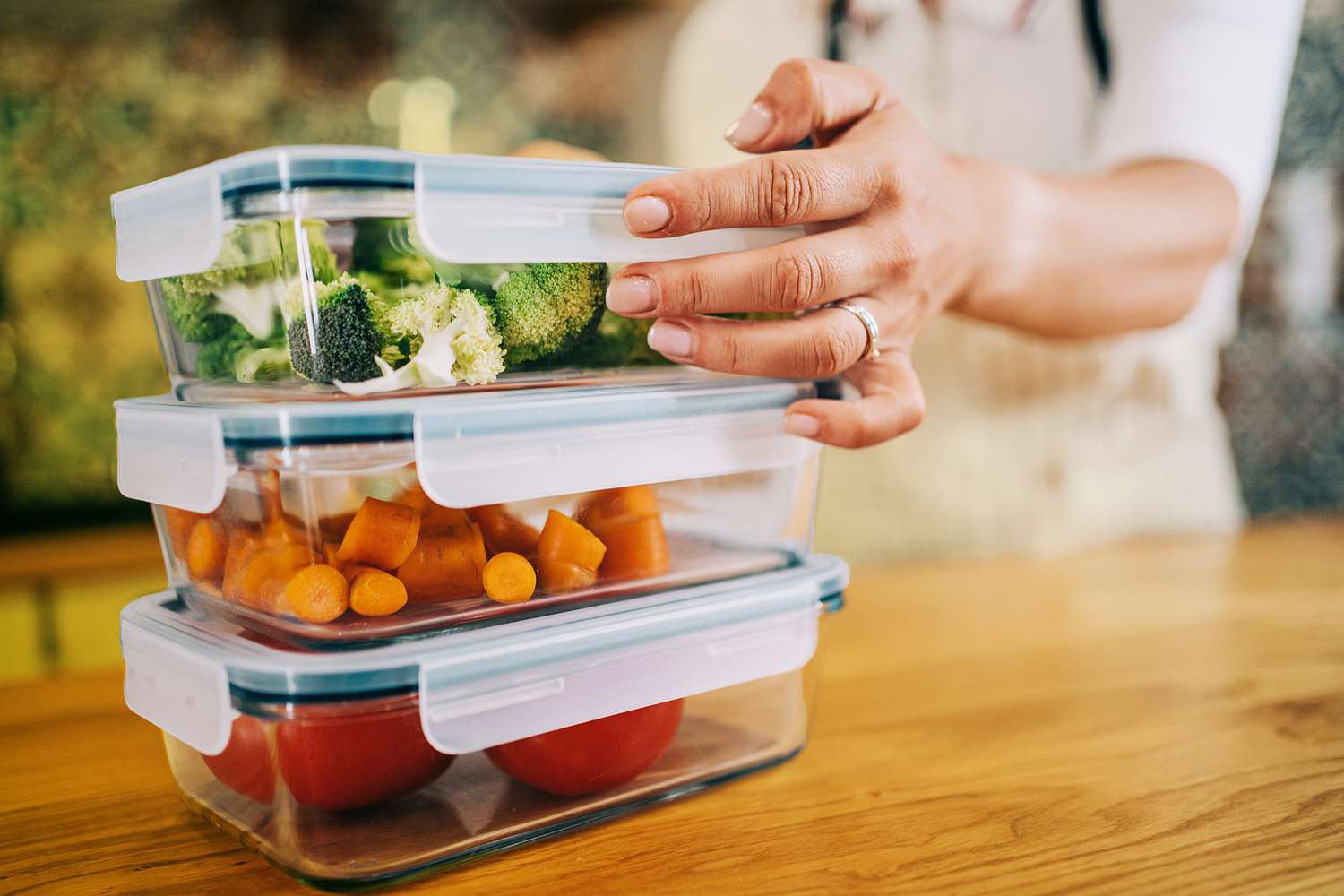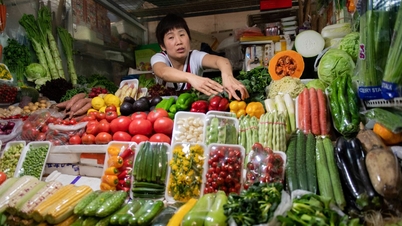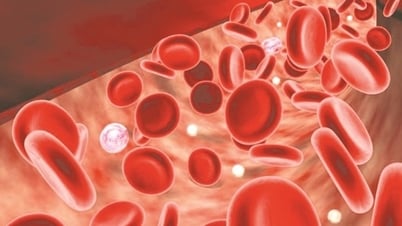
Plastic food containers - Photo: EATING WELL
“It’s surprising because people think of plastic as an inert material that remains separate from whatever is placed inside it. But at a chemical level, some of the chemicals that make up plastic can leach into food,” said Lauren F. Friedman, deputy health editor at Consumer Reports.
Consumer Reports tested two chemicals commonly used in plastics: phthalates and bisphenols. They found phthalates and bisphenols in almost every food they tested.
Fast foods have the highest percentage of these chemicals.
These chemicals are hormone disruptors (endocrine). Basically, hormones act on cells in many different parts of the human body over a long period of time.
What can you do to limit your exposure to these chemicals? According to Ms. Friedman, first of all, do not use plastic containers in the kitchen, especially not to use plastic containers to store hot food. And do not put them in the microwave or dishwasher.
Use steel or glass water bottles instead of plastic. For kitchen utensils, switch to wooden or silicone. Eat more fresh, minimally processed foods...
Carcinogens found in many household items
The US Food and Drug Administration (FDA) said that cancer-causing agents come not only from food but also from polluted environments, unhealthy habits and lifestyles... and especially household items.
Early detection can effectively prevent and control cancer.
According to FDA experts, there are 4 extremely dangerous carcinogens that are always lurking in household items, especially in women's cosmetics, including: Phthalates, BPA (bisphenol A) PFAS (permanent chemicals), Paraben.
Source


![[Photo] Prime Minister Pham Minh Chinh meets with the Policy Advisory Council on Private Economic Development](https://vphoto.vietnam.vn/thumb/1200x675/vietnam/resource/IMAGE/2025/5/8/387da60b85cc489ab2aed8442fc3b14a)

![[Photo] General Secretary concludes visit to Azerbaijan, departs for visit to Russian Federation](https://vphoto.vietnam.vn/thumb/1200x675/vietnam/resource/IMAGE/2025/5/8/7a135ad280314b66917ad278ce0e26fa)
![[Photo] National Assembly Chairman Tran Thanh Man chairs the meeting of the Subcommittee on Documents of the First National Assembly Party Congress](https://vphoto.vietnam.vn/thumb/1200x675/vietnam/resource/IMAGE/2025/5/8/72b19a73d94a4affab411fd8c87f4f8d)
![[Photo] General Secretary To Lam begins official visit to Russia and attends the 80th Anniversary of Victory over Fascism](https://vphoto.vietnam.vn/thumb/1200x675/vietnam/resource/IMAGE/2025/5/8/5d2566d7f67d4a1e9b88bc677831ec9d)
![[Photo] President Luong Cuong presents the decision to appoint Deputy Head of the Office of the President](https://vphoto.vietnam.vn/thumb/1200x675/vietnam/resource/IMAGE/2025/5/8/501f8ee192f3476ab9f7579c57b423ad)


























































![[Photo] Prime Minister Pham Minh Chinh talks on the phone with Singaporean Prime Minister Lawrence Wong](https://vphoto.vietnam.vn/thumb/402x226/vietnam/resource/IMAGE/2025/5/8/e2eab082d9bc4fc4a360b28fa0ab94de)

































Comment (0)